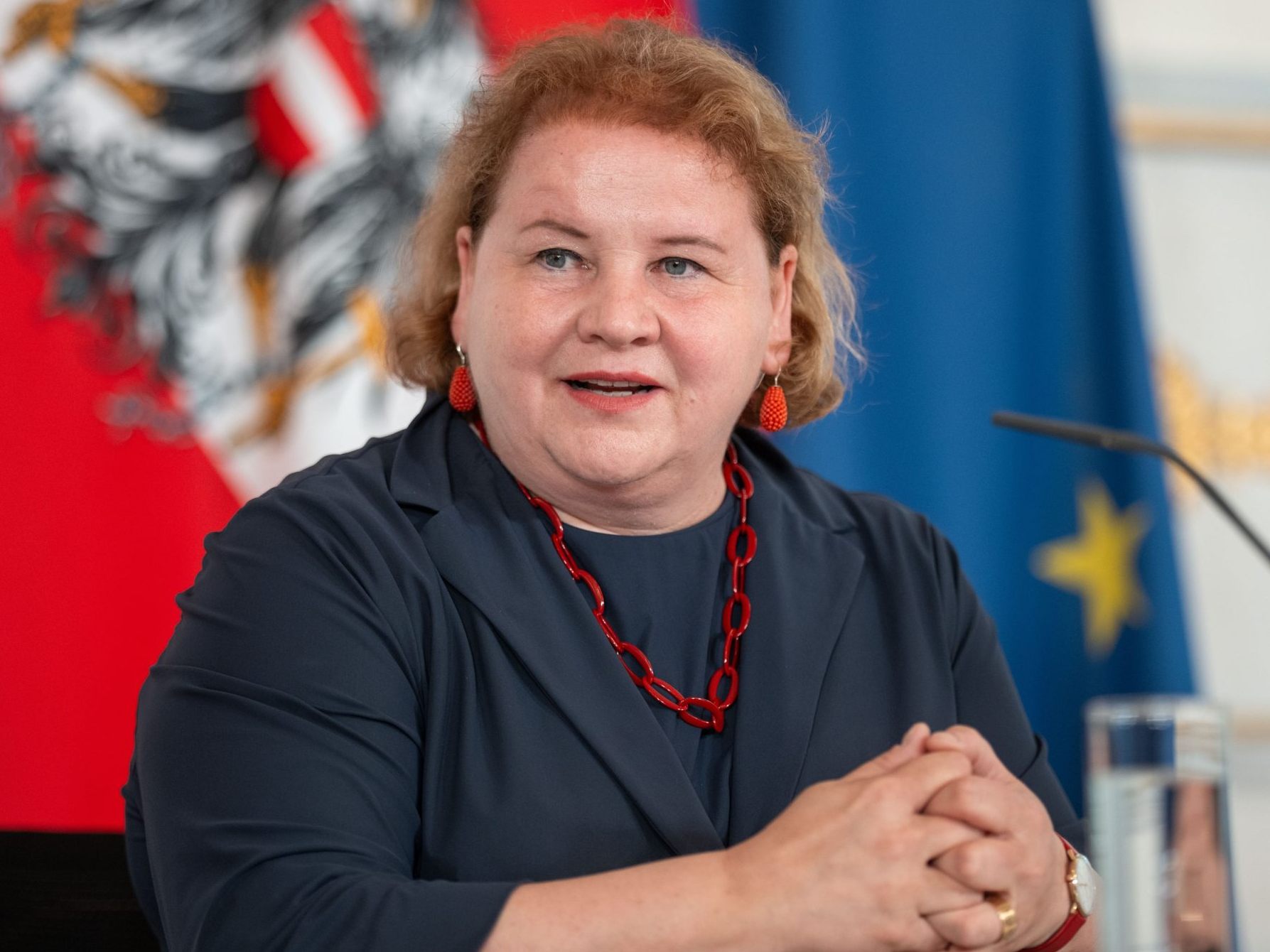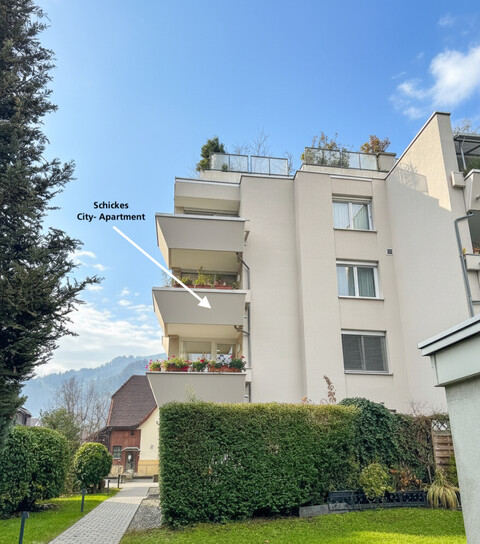Draft on Continuing Education Time Causes Mixed Reactions

The statements on the further education period, which will replace the educational leave, have been mixed before the end of the review period on Monday. The Trade Union Federation (ÖGB) generally welcomes the new regulation but sees a need for content and budget adjustments. The Chamber of Commerce (WKÖ) views the innovation positively but is concerned about the cost-sharing by employers. Additional barriers for people with disabilities are feared.
Criticism and Praise for Planned Further Education Period
With the further education period set to come in 2026, the criteria for eligibility will be significantly tightened compared to educational leave. For example, a direct connection to parental leave will no longer be possible. Unlike the old model, the Public Employment Service (AMS) will also check whether the further education is labor market policy-wise sensible and promising. The further education must be at least 20 hours per week or 16 hours with caregiving responsibilities. To receive the allowance, one must have worked for at least 12 months with the current employer, while three months are sufficient in seasonal businesses.
The costs for educational leave recently amounted to around 650 million euros per year, but now the government has reserved only around 150 million euros for savings reasons. The aim of the new regulation is, among other things, to increasingly address people with formally low qualifications, emphasized Social Minister Korinna Schumann (SPÖ) recently. By Monday noon, 20 statements had been received on the draft.
ÖGB Identifies "Budgetary and Content" Need for Improvement
The evaluation by the Trade Union Federation (ÖGB) was critical, identifying an "urgent need for improvement both budgetarily and content-wise." The massive budget cut in times of "general labor and skilled worker shortages" is the "wrong strategy," and the lack of legal entitlement and the associated "first come, first serve" principle is the wrong path. The ÖGB negatively assesses the more difficult conditions for claiming a further education allowance; moreover, it is unclear by what standards the AMS, as the processing agency, will be able to grant an allowance. Furthermore, it must be ensured that employees "quickly have clarity on whether the further education allowance is approved, to avoid being on leave without an allowance in the worst case."
Chamber of Commerce Welcomes Model - Criticism of Employer Participation
The Chamber of Commerce (WKÖ) welcomes in its statement the "upcoming stronger focus on labor market policy-wise sensible training and further education." This will "address the criticism of the Court of Auditors," which stated that in many cases, "the focus was not on education during educational leave, but on extending the baby break or another time-out." Moreover, in "times of budget constraints, it is essential to handle the contributions of the insured community sparingly." However, the Chamber of Commerce views the proposed mandatory employer participation in training costs as "very critical." "In most cases, educational leave is initiated by employees and is in their interest, which is why this additional burden on employers is not justifiable," it argues.
Social Economy: Employers Demand Adjustment of Weekly Hours
For the employers' associations of the Free Welfare (IAFW) - including social organizations such as Caritas, Diakonie, or Red Cross - the "high minimum weekly hours for part-time and shift workers in the social economy are unrealistic." According to them, the entry requirements for the social and health sector should be made more flexible, and they, like the Chamber of Commerce, are opposed to the mandatory employer contribution.
Barriers for People with Disabilities Feared
There are also warnings about negative consequences for people with disabilities. For example, the umbrella organization for Professional Inclusion ("dabei Austria") points out that the requirement of a valid employment relationship of at least 12 months could prove to be a barrier to further education. Additionally, the proposed minimum hours for people with disabilities would often represent an unachievable entry requirement. Similar criticism was expressed by the umbrella organization IDEE Austria, which represents the interests of people with psychosocial disabilities and mental illnesses.
Whether the law will address "educationally disadvantaged or formally low-qualified" individuals is questioned by the Association of Austrian Adult Education Centers due to the lower funding volume and the lack of legal entitlement. Furthermore, the organization is still unclear about which courses will be recognized by the AMS in the future.
IV Sees Reform Positively, Momentum Detects "Setback" for Women
The Federation of Austrian Industries (IV) described the reform of educational leave as a "necessary step," highlighting a "stronger labor market orientation" and "efficiency increase" in a statement on Monday. The union-affiliated Momentum Institute, on the other hand, sees the further education period as a "progress for low earners," but a "setback for women." The institute referred to studies indicating that "the previous educational leave was a bridge back into working life, especially for mothers."
(APA/Red)
This article has been automatically translated, read the original article here.
Du hast einen Hinweis für uns? Oder einen Insider-Tipp, was bei dir in der Gegend gerade passiert? Dann melde dich bei uns, damit wir darüber berichten können.
Wir gehen allen Hinweisen nach, die wir erhalten. Und damit wir schon einen Vorgeschmack und einen guten Überblick bekommen, freuen wir uns über Fotos, Videos oder Texte. Einfach das Formular unten ausfüllen und schon landet dein Tipp bei uns in der Redaktion.
Alternativ kannst du uns direkt über WhatsApp kontaktieren: Zum WhatsApp Chat
Herzlichen Dank für deine Zusendung.








